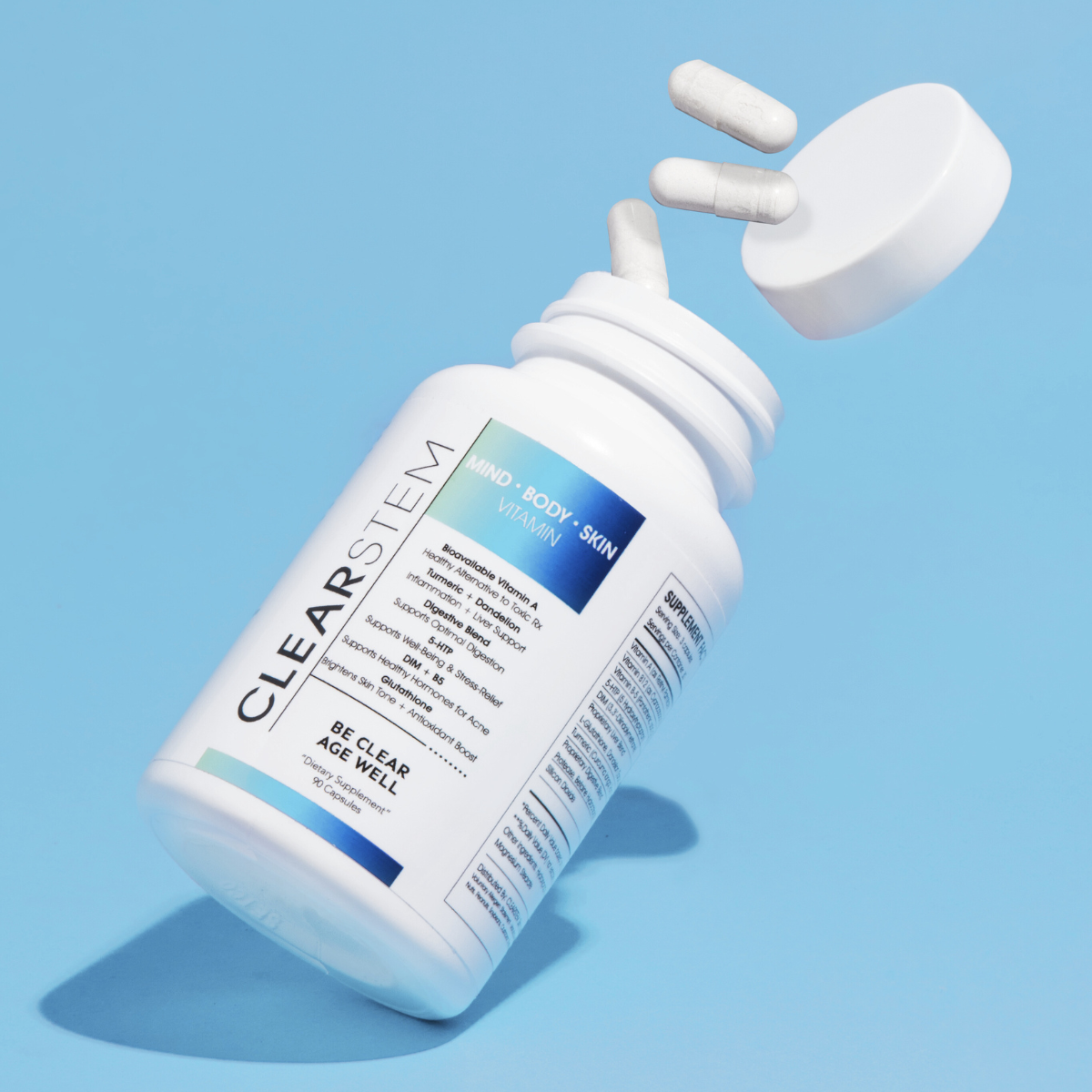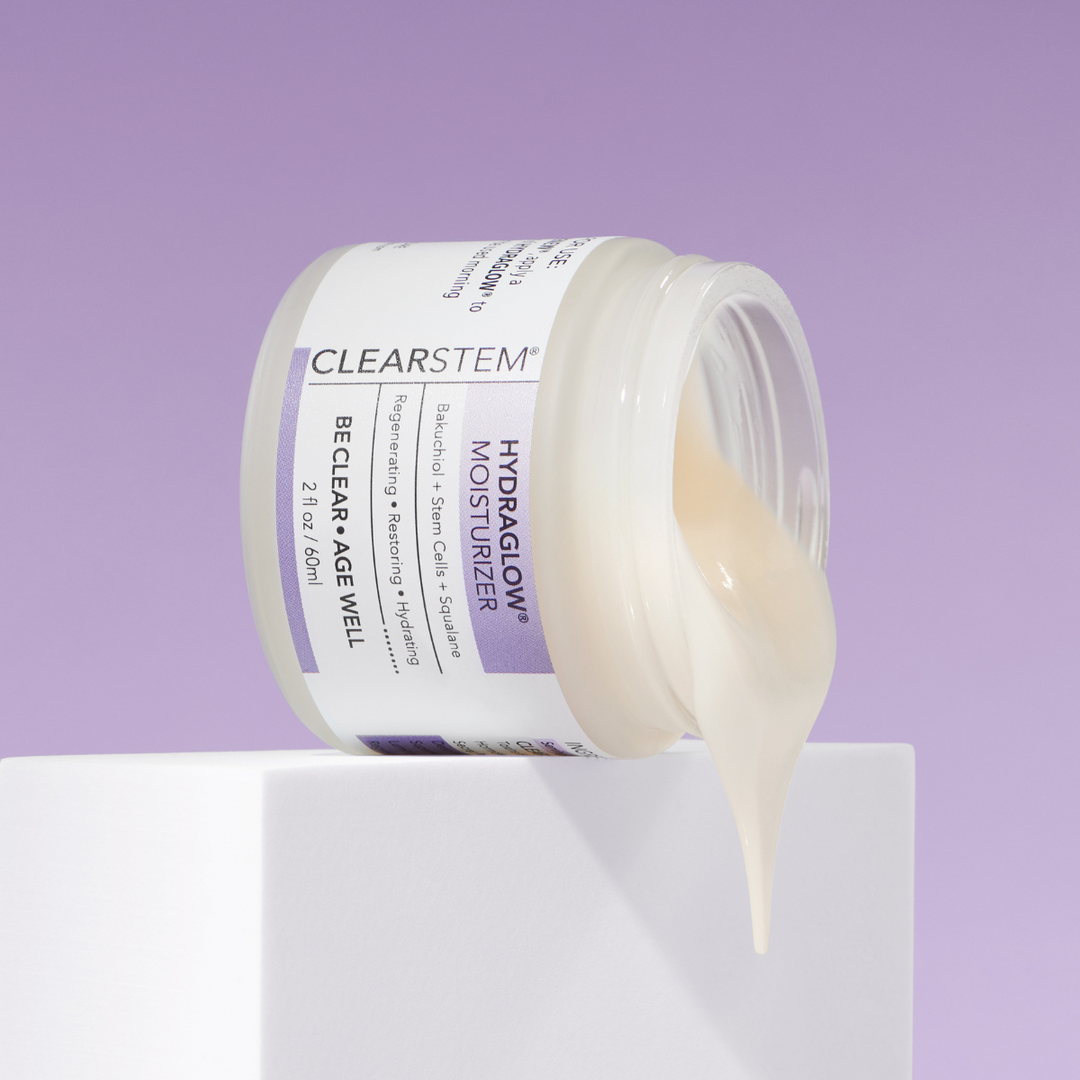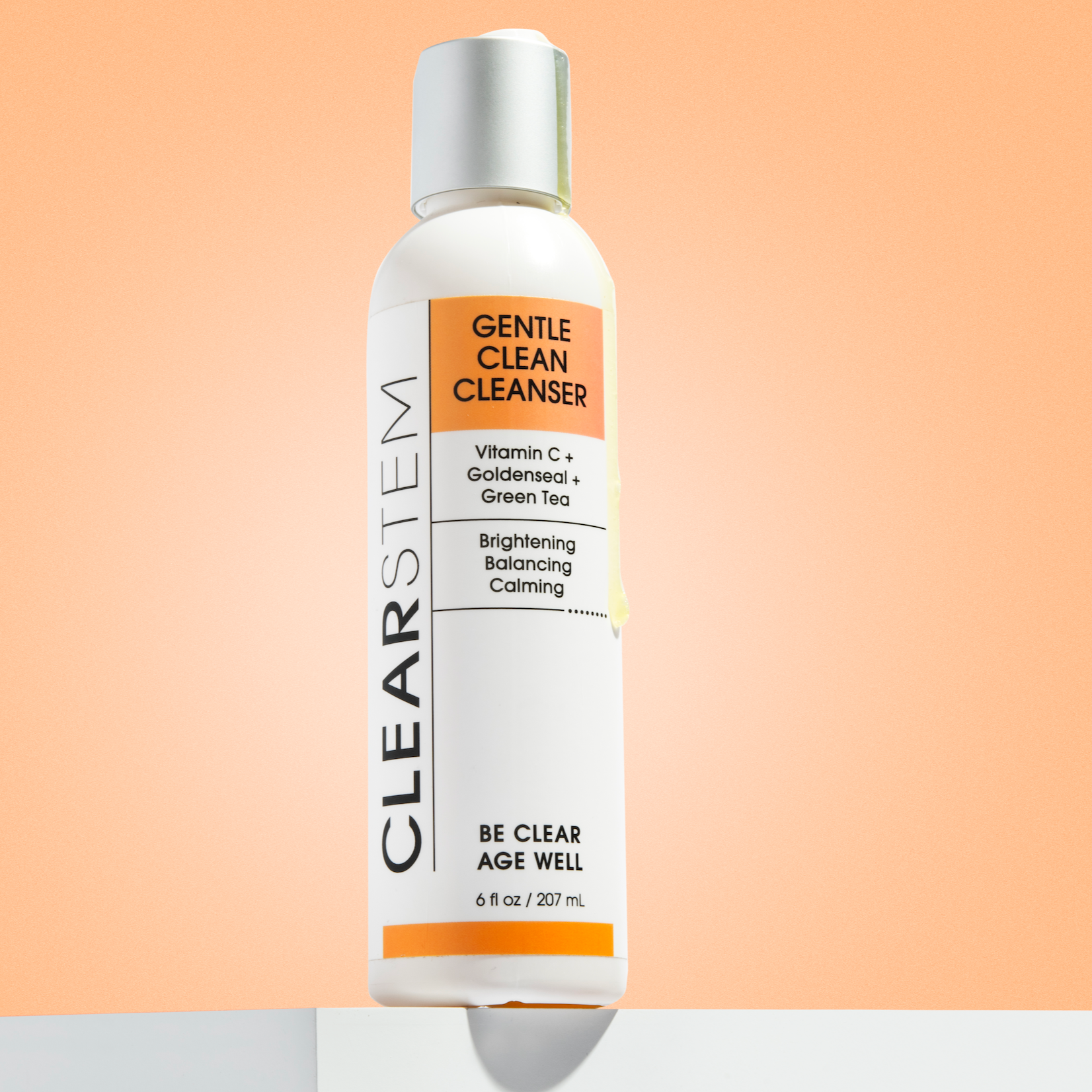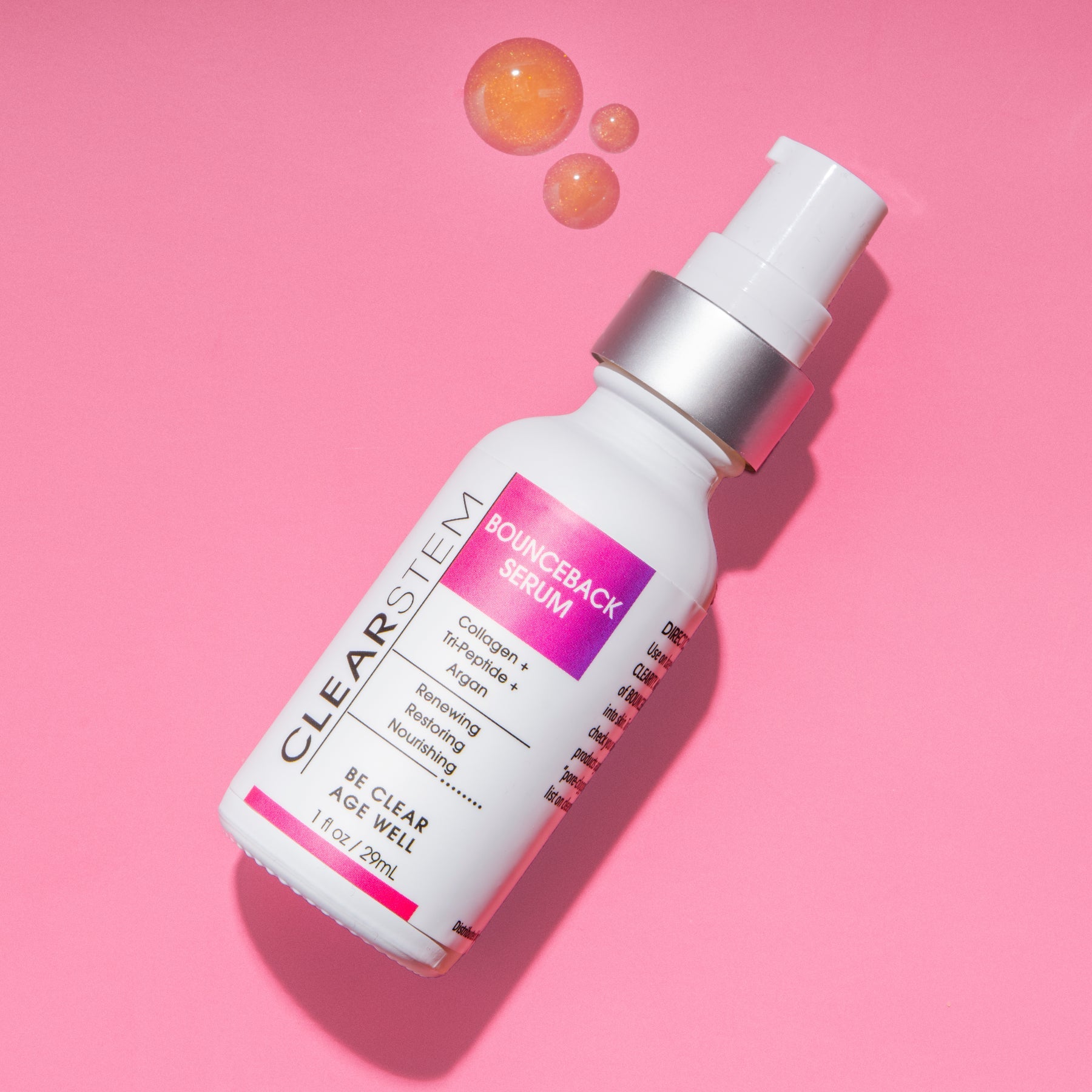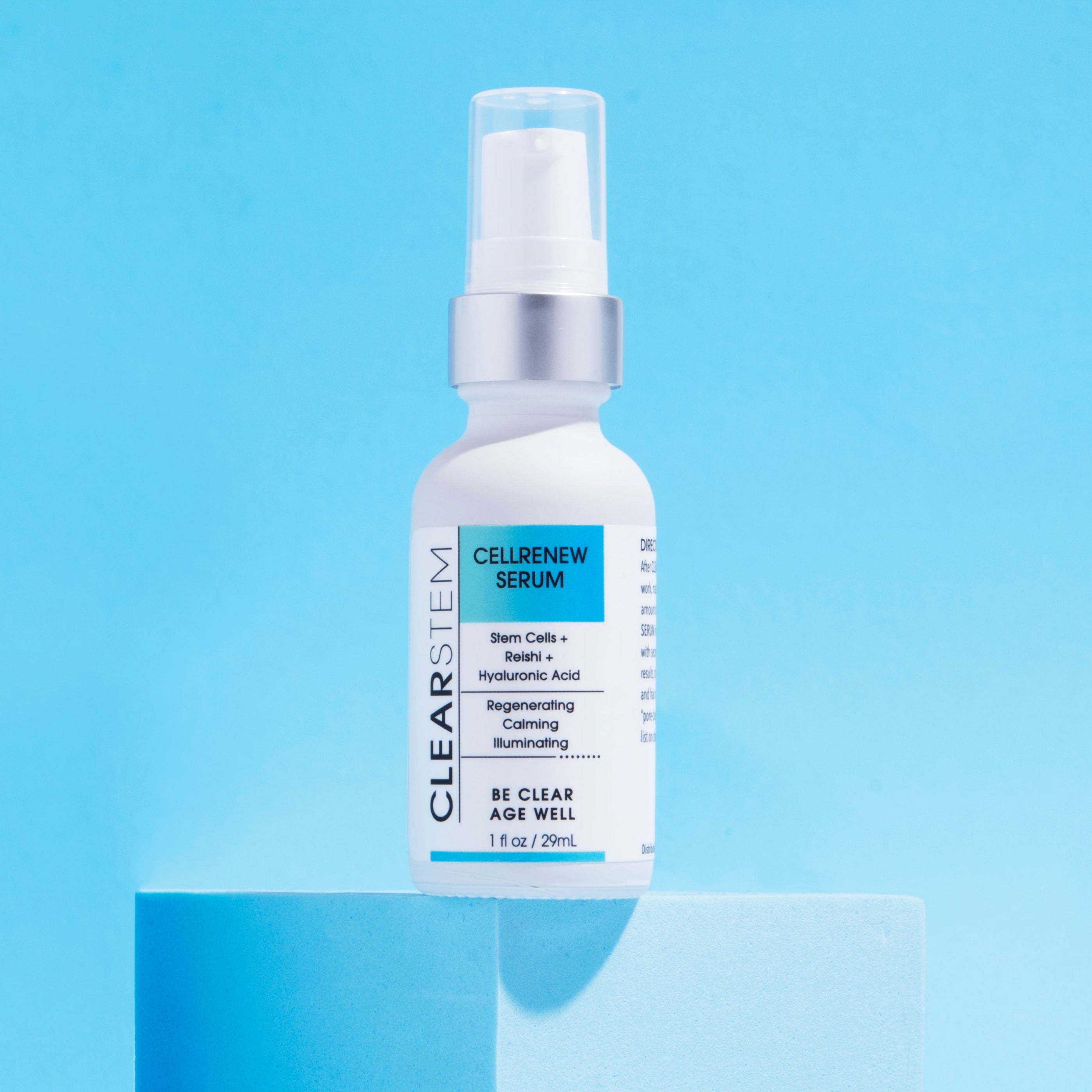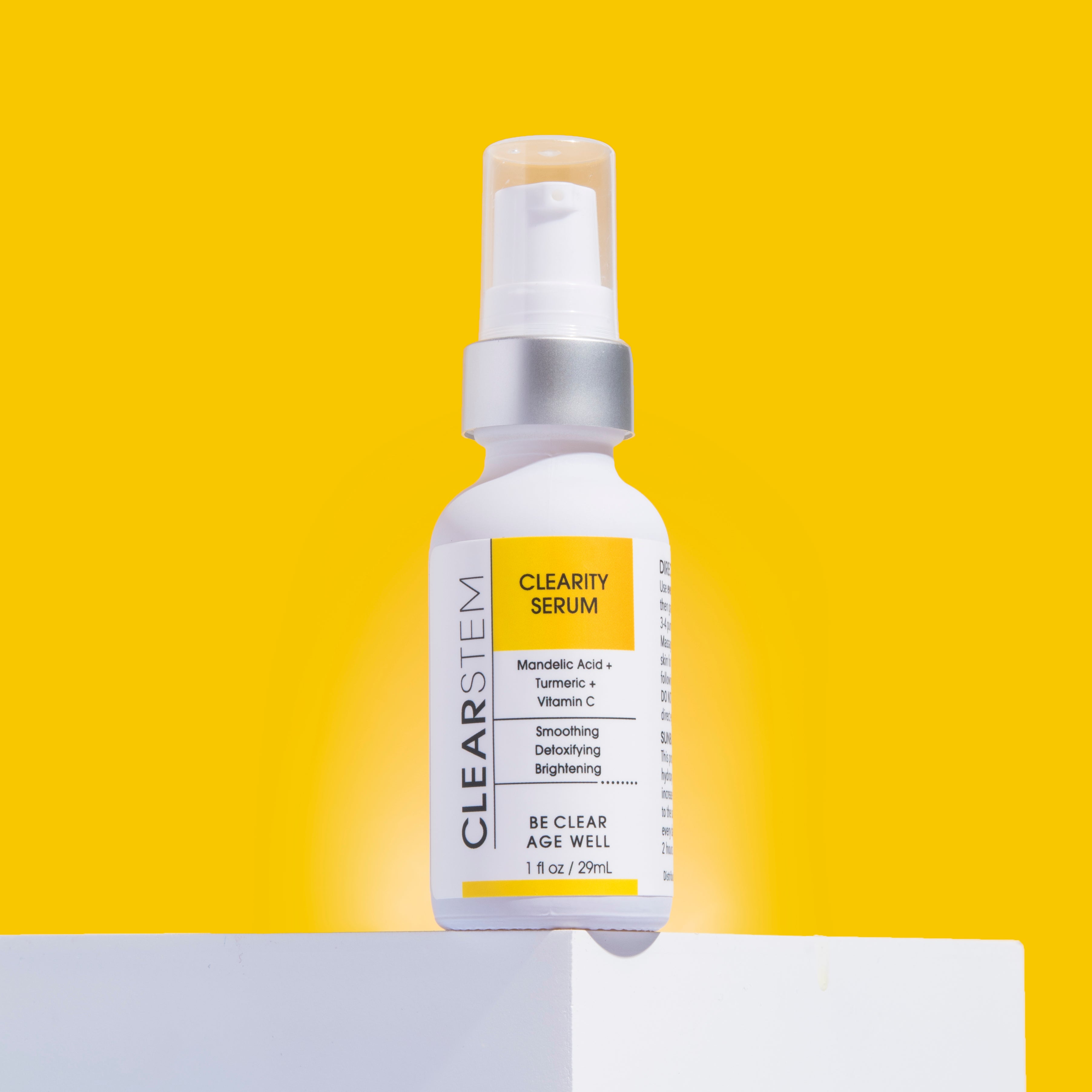Cystic acne is no fun, and it can be incredibly stubborn to control and maintain clear skin. And no time is a good time for a cystic pimple to pop up, but some times are certainly worse than others, like if you’ve got a big event to go to or it’s going to stress you out to have a big red bump on your face. Fortunately, there are some ways to help a cystic pimple recede or at least be smaller and easier to conceal. Read on to learn some tried and true methods for diminishing your blemish.
What is the Fastest Way to Get Rid of a Cystic Pimple?
While all types of acne take time to heal completely and the process should not be rushed, how to cure cystic acne and help it recede quickly is a simple combination of: (1)
- Keeping the area very clean
- Using topical spot treatments
- Applying a cold compress to reduce inflammation
- Using heat to help the skin heal the pimple from the inside
If treatment is started as soon as a cystic pimple forms, following this routine can significantly reduce the length of time it may take for your pimple to heal.
Tips on How to Shrink a Cystic Pimple Fast
These four steps will have you on the way to clearer skin with quickness, though you’ll want to be diligent in following this regimen and being careful not to further upset your skin woes. Here’s how to get rid of cystic acne overnight, home remedy edition.
- Start with a wash to cleanse away any excess dirt and impurities. The focus here is on being gentle, as you don’t want to further irritate your skin. Find a pH-balanced, gentle cleanser that will take away any dirt, makeup, or excess oil and prevent them from exacerbating your acne and possibly causing infection.
- Then follow with the chill. What helps cystic acne most is an icy cold compress. This will calm swelling, reducing any discomfort, redness, and irritation in your skin. Wrapping some ice or an ice pack in a cloth and holding it against your breakout for minute increments will accomplish these miraculous feats. (3) You can repeat this multiple times a day without harming your skin.
- Then treat, treat, treat. Your last plan of action on how to shrink cystic acne is to focus on topical medications and ingredients that may reduce the size and appearance of the bump. A spot treatment that includes benzoyl peroxide may help your bump diminish within 24 hours. It is important also to focus on topical products that will not dry out or damage your already-fighting skin, looking for natural and clean ingredients that will also not add to irritation.
How Long Does Cystic Acne Last?
Though the length of life of different bumps on your skin may vary, cystic acne can commonly take anywhere from four to six weeks (or longer) to disappear from your skin. Unfortunately, while many topical treatments may help the appearance of acne, there is no medical quick fix for acne outbreaks. (4)
Plus, many of the methods used to attempt to quickly heal acne breakouts (like popping!) can actually damage your skin further, cause your breakouts to last longer, and lead to scarring. So if you are searching for how to shrink a cystic pimple overnight, your best bet may be to let that thought float down the river, and realize that it’s going to be a longer process. (5)
What NOT to Do if You Have Cystic Acne
Don’t try to pop it! Seriously. If we haven’t mentioned it enough already, don’t pop it. That’s the main thing. Not only can forcing a pimple to pop be extra damaging to your already damaged skin, but it can also force bacteria from your fingers into what is essentially an open wound on your skin, causing infection and further damage. (6)
Aside from a gentle routine like the one mentioned above or a doctor’s involvement with medications, your acne should be healing naturally. The other big no-no is staying away from products that may further irritate your skin. Harsh chemicals or fillers in cleansers for example, or products that are marked as exfoliating or scrubbing. Staying away from irritants is the name of the game right now.
What Exactly is Cystic Acne?
Cystic acne is a more severe type of acne, where the problem occurs deeper within the layers of your skin instead of on the surface. The way cystic acne forms is the same as most other types of acne, which is a buildup of skin junk in your pores like oils and dead skin cells that form a clog.
Often the appearance of cystic acne is more noticeable because bumps are larger and can resemble boils, or open sores on your skin. Because of their depth in the epidermis, cystic acne can be painful to the touch, and sore all the time.
What Causes Cystic Acne?
When questioning how to shrink cystic acne, it’s important to know the cause of this type of acne. There is no one underlying cause that scientists have discovered about why this type of acne forms instead of other types of acne that stick closer to the surface of the skin. It is almost always a combination of factors, like pore-clogging ingredients in skincare & makeup, to digestive issues, dairy and whey consumption, or a hormonal imbalance caused by progestin-based birth controls or other factors.
There are a lot of factors in our lives, including nutritional choices, supplement choices, and even environmental factors that can affect the types of breakouts we get. What helps cystic acne is dialing your inflammation, both internally and mentally (7)
A link between biotin and cystic acne has been discovered, with biotin being a common supplement people take for their hair and nails. Another factor to keep in mind is the relationship between gut health and cystic acne. There is so much that goes on in the microbiome of our guts that can be askew and lead to problems throughout the body.
Can You Pop a Cystic Pimple?
While technically you can pop a cystic pimple, your question to yourself should be if you should pop a cystic pimple, and the answer to that question is always going to be no! If you’re trying to figure out how to shrink a cystic pimple overnight, this is not the way to go about doing it.
Popping pimples of any sort opens your face up for more pimples, scarring, and even serious infections. And popping pimples doesn’t actually make your acne go away faster, either. So if you want to know our advice here, we strongly suggest that you save yourself from getting yelled at by your dermatologist, and just don’t even go down that road.
Do Home Remedies Get Rid of Cystic Pimples?
Sometimes. Home remedies over time can help clear up cystic pimple outbreaks if they focus on reducing inflammation calming the skin. However, home remedies alone will likely not control your cystic acne as thoroughly as using clinical ingredients or even sometimes medications. Cystic acne is considered a more severe form of acne that can be long-lasting and cause permanent changes to your skin, so it is not to be taken lightly.
How to Cover Up a Cystic Pimple?
When figuring out how to shrink a cystic pimple overnight seems impossible, keep the makeup idea in your back pocket. Using ONLY makeup that is free of pore-clogging ingredients, you can reduce the visibility of cystic acne while the healing process is underway. We recommend using the acne-safe makeup line PRIIA Cosmetics.
Does Cystic Acne Go Away on its Own?
Cystic acne is not a type of acne that is likely to clear up on its own without looking at the deeper cause of the issue. Since this type of acne is so deep within the pore and usually involves bacteria, infection, and deeper inflammation, failing to look at what’s going on in the body internally can lead to a case of acne that lasts for years. It is best to consult with a functional medicine or holistic dermatologist to get to the root causes. (8)
Best Treatment Options for Cystic Acne
Cystic acne is best treated with a combination of the proper topical products, such as a sulfur spot treatment, working with a health practitioner to find the root cause, and a proper skincare routine that is kept up over time. This should include a gentle, vitamin-packed cleanser such as our GENTLECLEAN Vitamin Infused Calming Wash to start with a clean slate that doesn’t irritate your already sensitive and inflamed skin.
A great moisturizer is important too, to keep your face as healthy as possible to fight off the infections going on beneath your skin. We recommend our HYDRAGLOW Stem Cell Moisturizer, complete with stem cells that can help encourage cell regeneration to keep pores clear.
How to Prevent Cystic Acne
The best way to prevent cystic acne is with a good skincare routine. Keeping your face clean and well moisturized will help prevent an excess of debris from building up in your pores, which will in turn prevent those pockets of bacteria from setting up house deep within your skin.
Watch your diet, never sleep in makeup, and make sure you’re using skincare products that won’t clog your pores. We also recommend you take a closer look at your hormones, too. In many cases, cystic acne can be triggered by hormonal imbalances, and using a hormonal acne supplement can help restore that balance and stop these breakouts before they start.
When to See a Doctor
Cystic acne is a more severe form of acne, and a doctor should get involved if your cystic acne is recurring, severely painful, or does not seem to be clearing up after a few months. If you are having other symptoms of infection along with your cystic acne (such as a fever or body aches) it may be important to get to a doctor right away. Medications combined with a great self-care routine are going to be what help you get rid of this cystic acne once and for all!
Sources
Source 1: Acne: Diagnosis, Treatment, and Steps to Take https://www.niams.nih.gov/health-topics/acne/diagnosis-treatment-and-steps-to-take
Source 2: Topical radiant heating in wound healing: an experimental study in a donor site wound model https://www.ncbi.nlm.nih.gov/pmc/articles/PMC7951467/
Source 3: Is it time to put traditional cold therapy in rehabilitation of soft-tissue injuries out to pasture? https://www.ncbi.nlm.nih.gov/pmc/articles/PMC8173427/
Source 4: Evolution and duration of nodules in severe nodular acne on the back: results from a four-week non-interventional, prospective study https://pubmed.ncbi.nlm.nih.gov/30891846/
Source 5: Skin care for acne-prone skin https://www.ncbi.nlm.nih.gov/books/NBK279208
Source 6: Pimple popping: Why only a dermatologist should do it https://www.aad.org/public/diseases/acne/skin-care/popping
Source 7: https://www.niams.nih.gov/health-topics/acne https://www.niams.nih.gov/health-topics/acne
Source 8: Treatment Modalities for Acne https://www.ncbi.nlm.nih.gov/pmc/articles/PMC6273829/

